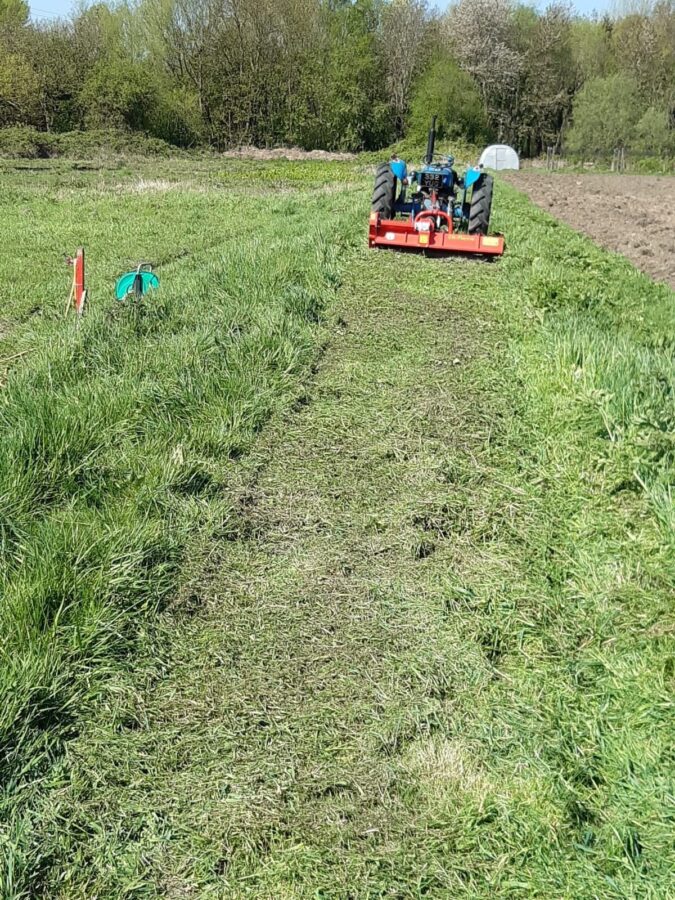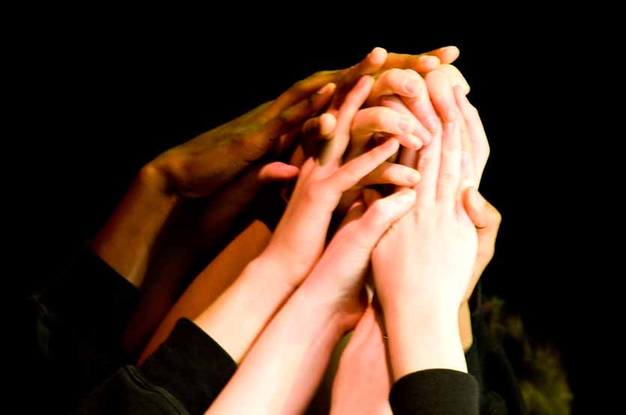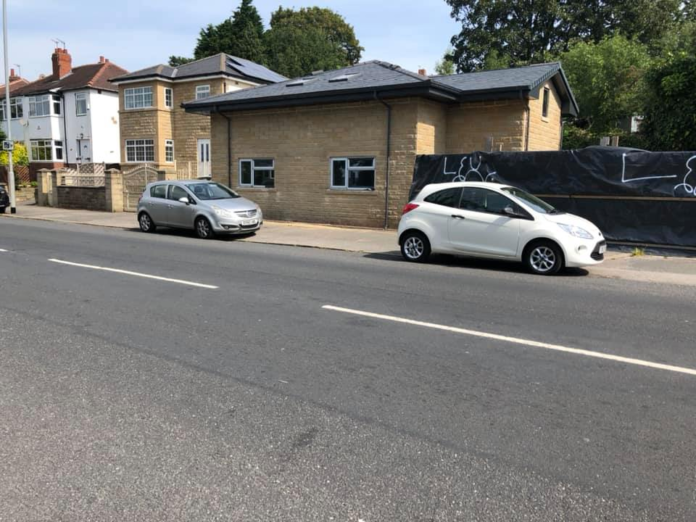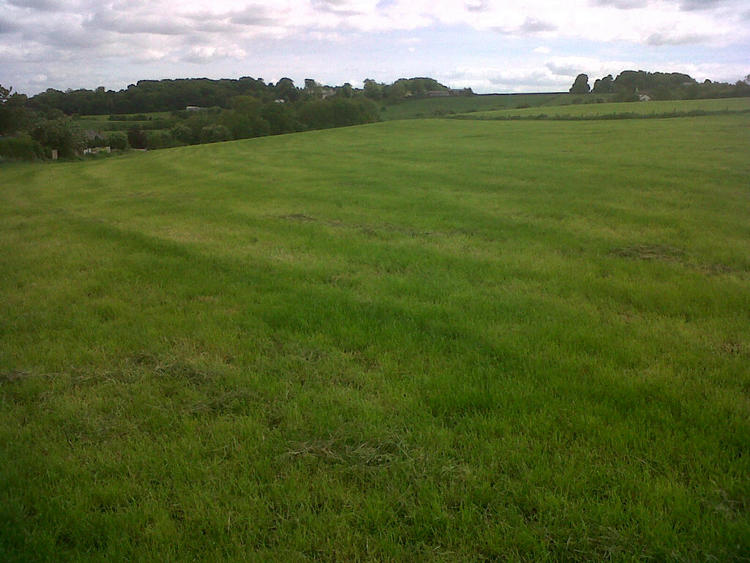A-level and vocational results are arriving for thousands of students today – but unlike other years, these results have been estimated after exams were cancelled by the Covid-19 pandemic. Fulneck School Principal Paul Taylor writes about his initial thoughts on the Government’s announcement over the use of mock exam grades.
Back in April when it was announced that all public examinations had been cancelled, our students’ initial jubilation was quickly replaced with anxiety over how their final results would be calculated, anxiety that has only been exacerbated by recent headlines and changes to the process in both Scotland and then England.
Led by our Vice Principal, Gemma Carver, and Exams Officer, Alison Taylor, our teachers worked hard to calculate Centre Assessment Grades that, in our professional opinion, best represented each student’s likely final grade.
This estimate was based on a range of evidence, including baseline ability testing, progress through the course and mock examinations. Within each grade for every subject, students were also placed in a rank order.
We are very fortunate to have a Vice Principal of Mrs Carver’s experience – in education and as a psychologist – to ensure that our teachers were aware of all potential biases and that the results ensure the integrity of the system and of our school. I have little doubt that most schools will have approached the process in a similarly diligent and professional manner.
The news that the Government had introduced a “triple lock” on results – news explained on the day that schools received A Level results – will have done as much to confuse as reassure students and was inevitably met with a backlash from the teaching profession. As well as a “re-sit” exam in the Autumn and an appeals process, the Government announced that mock results could also be used as the basis of an appeal.
Mock exams are an important part of the process through which students prepare for their final GCSE and A Level exams. To use the results, however, as the basis for an appeal is a ridiculous idea, born out of panic following the backlash against the results announced in Scotland earlier in the week. I can’t recall a more flawed idea with as grave consequences for the future of young people in my nearly 25 years in education.
To start with, schools hold their mock exams at different times, some in November, some in January and some in March in my experience.
Indeed, one school that I worked in held two rounds of mocks! I favour January as sufficient content will have been covered to make a mock worthwhile and enough time remains to put right what went wrong. The only down-side is that the Christmas period is not always conducive to the most thorough revision.
However hard students prepare for them (and that varies massively), the key strength of mocks for me is in telling the students what they don’t know – whether that be content, technique or revision skills.
Depending on when the mocks are held, it may be possible to use the full paper from the previous year, at other times not. Afterall, what’s the point of setting an exam on material that hasn’t been covered yet? Some pupils may even have had access to the questions, completely innocently as part of their preparation or through a tutor, as past papers are not hard to get hold of.
Add in the fact that the exams are crammed into a week or ten days and inevitably students perform far worse than in the real thing. Schools will all have calculated their average grade increase between mocks and final results. The students themselves are also well aware of that fact!
Of course, there is no standardised procedures across schools for how mocks are used. Some schools will stick rigidly to past papers and mark schemes, though very few of their teachers will actually be trained examiners.
Some schools will use the process to boost students’ confidence, others as a last kick up the rear as the final run-in to the summer begins. Sometimes the approach even varies within a school!
Personally, I favour the stricter, reduce complacency approach, but that wouldn’t have done my students any favours this year, it appears.

















‘Lonely and isolating’ – how this Bramley mum gave birth during lockdown
ALMOST as an afterthought, Bramley resident Ellie, 37, mentioned she was having abdominal pains during her regular Saturday Zoom call to her sister, writes Jo Fiddes.
At 34 weeks pregnant, she was still working full time and had been making the best of her first pregnancy, where coronavirus restrictions meant most midwife consultations were by phone and partners weren’t allowed at the scans.
Just getting on with it seemed the best way to approach the whole situation, but as she became increasingly uncomfortable Ellie decided to take her sister’s advice and make a precautionary visit to the hospital.
After some monitoring the staff decided to keep Ellie in overnight so partner Christian, 42, was despatched home with an optimistic wave and a shout of “I’ll ring you tomorrow so you can come and pick me up.”
When Ellie did ring Christian the following day, the message was rather different – “Come now, they’ve decided I need an emergency caesarean.”
Six weeks before his due date, baby Theo had decided enough was enough and wanted to make an appearance. Weighing in at 5lb 3oz he needed specialist care and Ellie and Theo spent 11 days on the transitional care unit.
As he was so premature, Theo struggled to take milk and was initially fed via a naso-gastric tube.
Christian was able to be at the birth and spend a couple of precious hours with the new addition – but then he had to leave and wasn’t allowed back in the hospital throughout Ellie’s stay because of Covid restrictions.
This meant Ellie had to navigate the first days of parenthood by herself, with Christian providing emotional support as best he could through telephone and Facetime conversations.
A lack of private space in the hospital itself meant these “private” conversations were anything but…which added another level of stress in an already stressful situation.
Everyone wearing face masks was something Ellie found really difficult, not being able to see people’s expressions when they were trying to convey information, offer support or words of encouragement – it led to misunderstandings too, including Ellie thinking she wasn’t allowed to shower for four days after her operation, an instruction she misheard because it was muffled by the consultant’s mask.
After 11 long and lonely days, Ellie and Theo were eventually allowed home, much to the relief of everyone.
Reflecting on the experience of having a premature baby in lockdown, first and foremost Elli acknowledges the dedication of the staff on the ward.
As an NHS mental health worker herself, she knows first-hand how hard they work.
But she added:
Christian added: